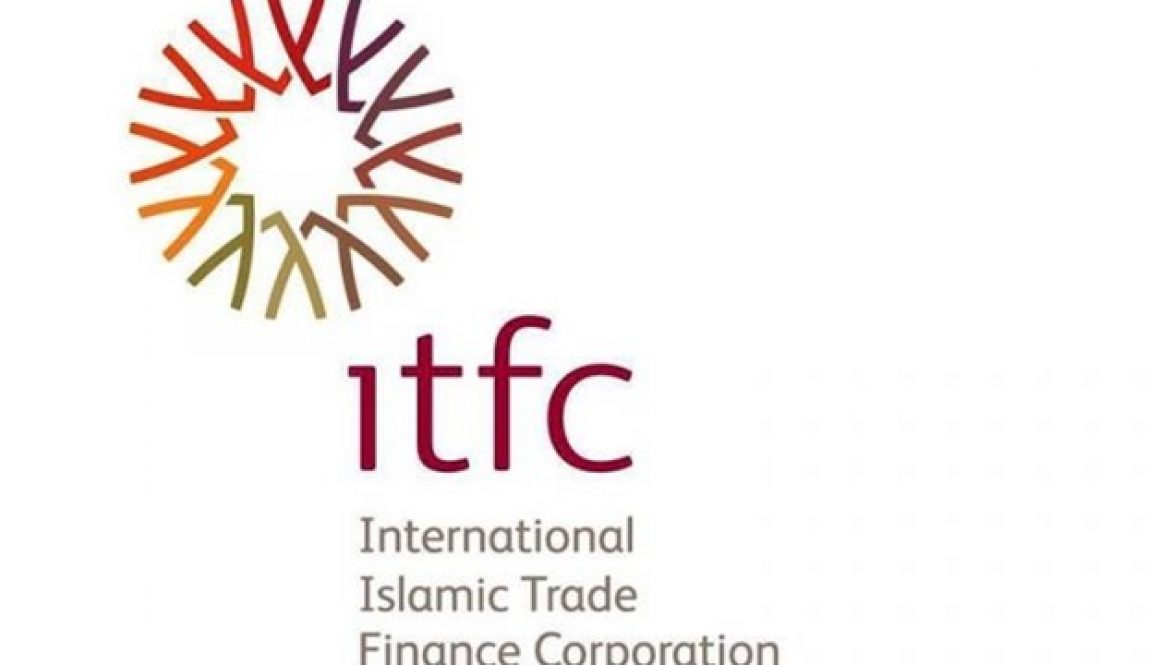Islamic Trade Finance in deal with Saudi EXIM bank to spur enterprises
The International Islamic Trade Finance Corporation (ITFC) , the Saudi Export and Import Bank (Saudi EXIM Bank), and the General Authority for Small and Medium Enterprises (Monshaat) have signed a Tripartite Memorandum of Understanding (MoU) to launch SME Development Programme.
Supporting the objectives of Saudi Arabia’s Vision 2030, the MoU provides a framework for cooperation on the development and implementation of programs to support enterprises and SMEs in Saudi Arabia.
The SME program will be designed to increase non-oil exports through trade finance facilities and capacity-building initiatives for enterprises participating in the Program. In addition, the Program will also look to increase the readiness of financial institutions to fund SMEs in the Kingdom.
Saad Abdulaziz Al-Khalb, CEO Saud EXIM Bank, stated: “I am extremely pleased to sign the MoU with ITFC and Monshaat.
“The diversification of the alternative economy through exporting more Saudi non-oil products is a strategic objective of Saudi Arabia’s Vision 2030.
“The MoU is completely aligned with Saudi EXIM Bank’s efforts to enhance cooperation with relevant government and private agencies in the Kingdom.
“By working closely with our partners to develop the SME program, the Bank will increase international finance and credit institutions’ support in diversifying financing products and innovate financial and credit solutions for SMEs.”
Hani Salem Sonbol, CEO ITFC commented: “ITFC places a high importance on meeting the SME Development Program objectives and we are therefore extremely pleased to sign the MoU with our distinguished partners, Saudi EXIM Bank and Monshaat.
The Programme, which is aligned with the Kingdom’s Vision 2030, will offer significant support to SMEs, who represent enormous growth potential. As the Kingdom looks to increase SME contribution to 35% of GDP by 2030, supporting SMEs in trade finance and trade development will be essential to meeting this goal.”
The Governor of Monshaat, Eng. Saleh Al-Rasheed stated: “We are honoured to be partnering with the Saudi EXIM Bank and ITFC in supporting the development of the Saudi SME sector.
The agreement framework will focus on building a growth environment for entrepreneurs and SMEs through the provision of supportive services and initiatives that aim to support and facilitate business practices, increase the adoption of technology and innovation, while improving access to finance.”
Nigeria exits global tax of OEDC
Nigeria has opted out of a global tax deal negotiated under the Organisation of Economic Cooperation and Development (OEDC)/G20 Inclusive Framework on Base Erosion and Profit Shifting (BEPS).
BEPS refers to corporate tax planning strategies used by multinationals to shift profits from higher tax jurisdictions to lower tax jurisdictions or no-tax locations where there is little or no economic activity, thus eroding the tax-base of the higher-tax jurisdictions using deductible payments such as interest or royalties.
Kenya, Pakistan and Sri Lanka also opted out alongside Nigeria.
Nigeria’s position was predicated, among others, on the unreliability of the economic impact of the deal for developing countries.
The OECD estimates that countries lose $100-$240 billion worth of revenue annually to BEPS practices, which is the equivalent to 4-10 per cent of the global corporate income tax revenue.
The deal set out to introduce a global minimum tax rate and new profit reallocation rules, which aims to give countries a fairer chance to collect tax revenues from multinational enterprises (MNEs) operating in or generating revenues from their jurisdictions.
In a new report titled, “OECD Global Tax Deal: Key Elements, Opportunities and Challenges,” Global Financial Integrity (GFI) stated that the framework represents a group of countries and jurisdictions working together to address systemic issues within the global taxation system that cause an inequitable distribution of tax revenues among countries and jurisdictions.
It operates under the leadership of the OECD, but any country or jurisdiction is allowed to join and participate.
The global tax deal represents a major reform to the rules governing the international tax system, aimed at bringing an end to tax havens and profit-shifting by multinational enterprises The deal specifically aims to address challenges that arise from the digitalisation of the economy, and is broken down into two pillars.


